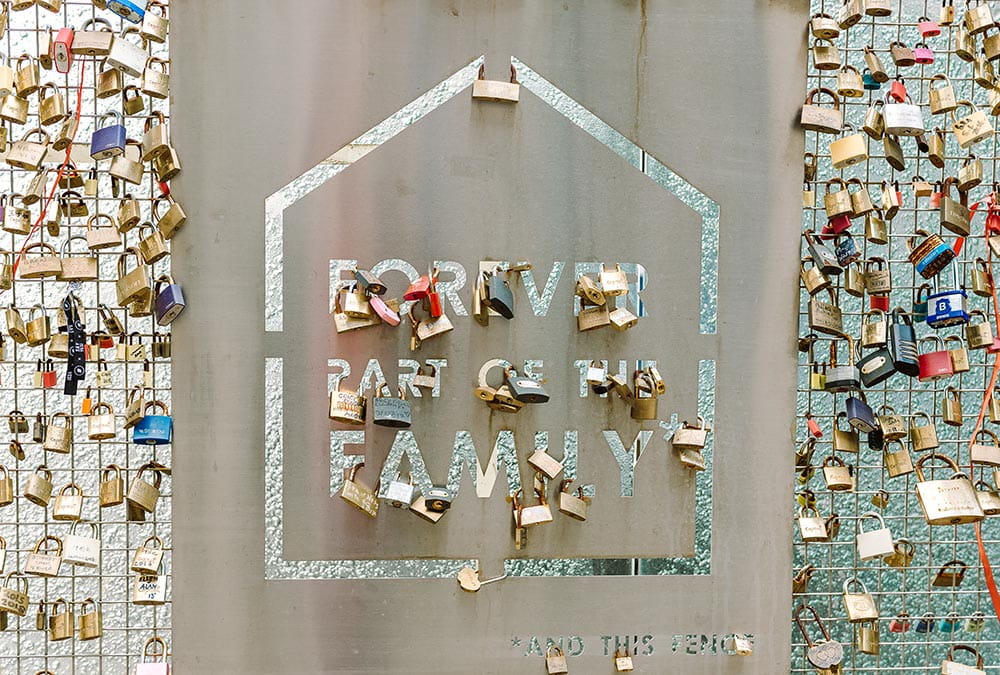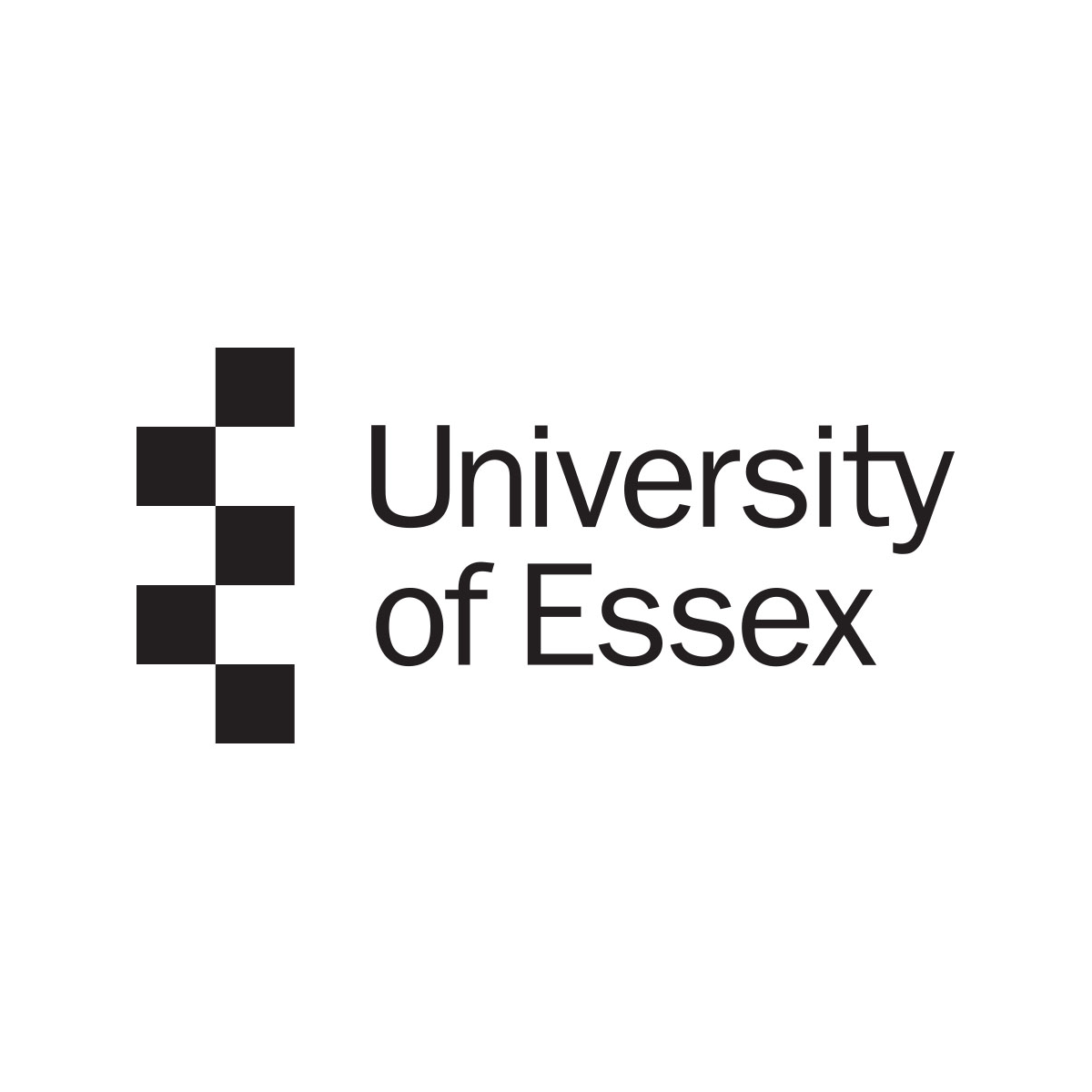Despite uncertain times and within the context of a potential Brexit, our University remains committed to inclusivity and prides itself on being a home to people from all sorts of different backgrounds and countries.
Here, four members of our community tell us about the work they are doing to ensure Essex remains an inclusive and welcoming place.
Monica Illsley is our Chief of Staff and Chair of our One Essex inclusivity group
We pride ourselves on being a wonderfully diverse university community, it’s one of the reasons that staff choose to work here and why many of our students want to study here.
I think we ‘live’ these values as a community on a day-to-day basis and there are a number of University, Students’ Union and community-driven events and activities that take place across the University all the time that demonstrate our diversity and our inclusive spirit.
But occasionally, there are instances of behaviours, examples of things happening, that remind us that we cannot take these values for granted and that shock us into taking proactive action.
This is why the One World, One Spirit, One Essex messaging, first used in response to the breakfast referendum, remains relevant today. It helps bring our community together to champion inclusivity and the benefits of being a diverse cosmopolitan global community.
The One Essex Inclusivity Group that I convene and chair brings people together to find ways of reinforcing and celebrating our One Essex spirit
We welcome ideas and suggestions which staff and students can put forward either through the diversity network Chairs but also direct to me at illsmp@essex.ac.uk.
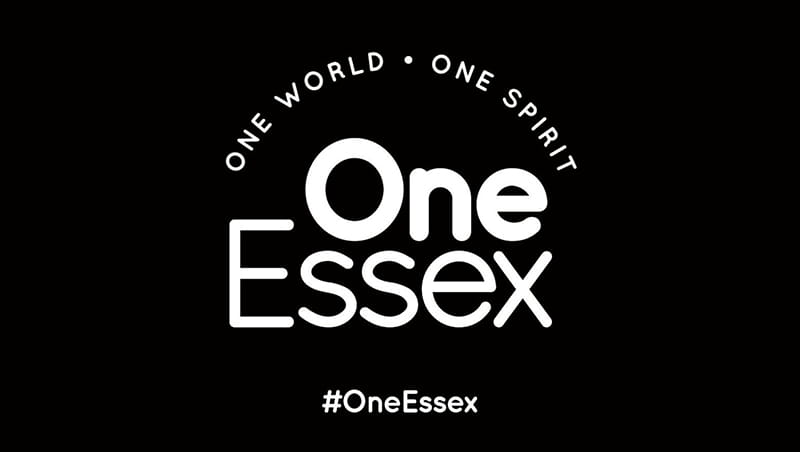
Karen Bush is our Head of Equality, Diversity and Inclusion
What area of inclusivity are you working on?
Together with my colleagues in Organisational Development, we are working to build a culture in which equality, diversity and inclusion are central to everything the University does. This means embedding it within our ways of working, our decision-making processes and ensuring we recruit and reward people who are committed to our values. This aspiration can only be realised if every member of our community takes personal responsibility for their behaviour and treats others with respect and as individuals, irrespective of differences in background, culture, experiences and views and this is my particular area of focus.
What are your priority projects or themes?
One key piece of work I am involved in this academic year is the Race Equality Charter. Through this, we are starting an institutional conversation about race equality. We will be looking at how we recruit staff and students from different ethnic groups, how we support them to progress, and how we create a race-inclusive culture. As part of this work we are currently seeking the views of staff and students on race equality at the University. Tell us about your experience of working and/or studying at Essex and what we can do to advance race equality across the University by completing the staff Race Equality Charter survey or the student Race Equality Charter survey.
I am also involved in work on inclusive leadership, which research shows is critical in helping leaders maximise the potential of the diverse talent in their organisation. Working in this way is also known to make people feel more valued and have more confidence and self-belief. We will be working across the University to cultivate inclusive capabilities in all our leaders and managers.
What are your hopes for the future of this work?
I would like to get to a point where we do not need to ask people to disclose their personal characteristics in order to identify where under-representation or differential outcomes exist as everyone is accepted without exception for who they are, people respect difference and treat others fairly and with dignity at all times.
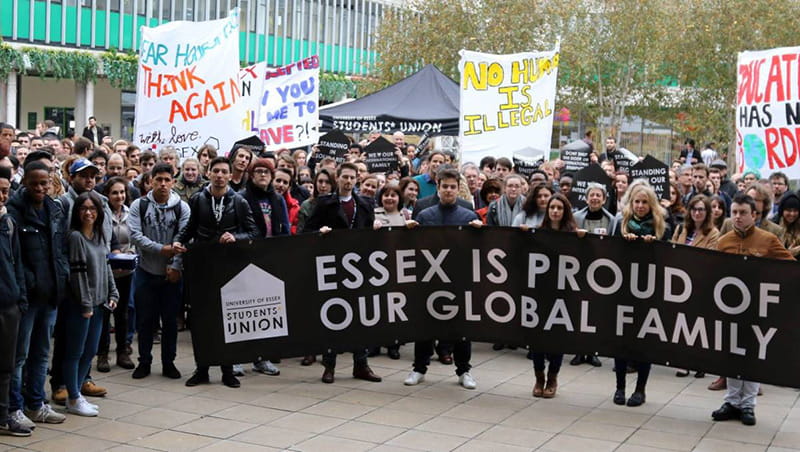
Dr Ilaria Boncori is a Senior Lecturer in management, marketing and entrepreneurship, currently serving as Deputy Dean for Education in the Faculty of Humanities
I have always been keen to understand how different organisations foster or hinder inclusivity, with a personal approach stemming from critical perspectives that consider power dynamics both at the systemic and individual level.
Initially focussed on cross-cultural practices in international business, my research and teaching interests in terms of inclusion then developed into explorations of gender, gender identity (particularly transgender and gender non-conforming), ethnicity and intersectional identities. This predilection towards the study of various forms of inclusion (or lack thereof) has prompted me to create and edit our University’s collection of volumes bringing together expertise and experiences from staff and students: ‘LGBT+ Perspectives’ (2017), ‘Race, Ethnicity and Inclusion’ (2018) and ‘Health and Wellbeing’ (forthcoming in 2020).
My priority, as a teacher and Deputy Dean Education, centres around our ability to develop and consistently deliver a truly inclusive curriculum underpinned by sound pedagogy. In order to do so, we have created a series of teaching and learning toolkits to support our educators, and we are currently involved in a number of initiatives to enhance our educational environment and provision. My vision for the future is of a University which enables all students to achieve their potential through the embedding of inclusive mindset and practices, with equal opportunities and no significant differential outcomes.
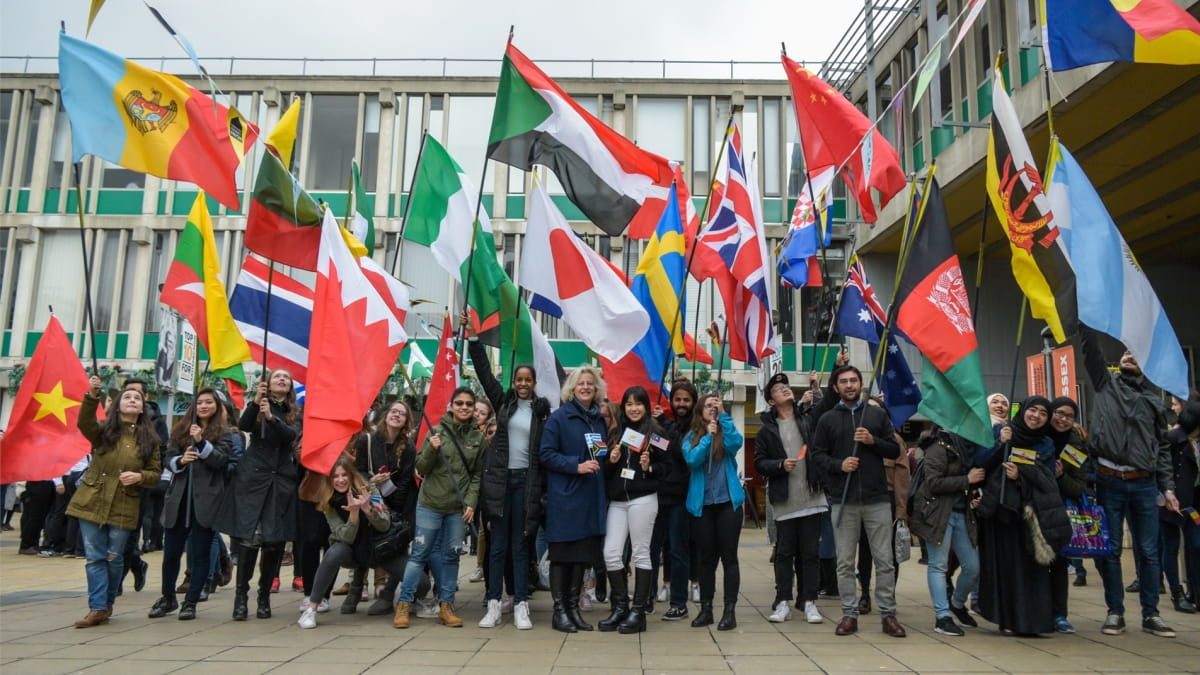
Erkan Ibrahim is our Inclusion Manager
What area of inclusivity are you working on?
My role focuses on the inclusion of underrepresented students at the University of Essex, and I work with various key stakeholders including the Students’ Union, Organisational Development, Communications and External Relationships, Academic Departments and Schools and many colleagues within the Academic Section to ensure that all students feel a strong sense of belonging and have the best possible chance to succeed whilst at Essex.
What are your priority projects or themes?
We offer a very international welcome to new students from around the world.
One key priority at present is working with Inclusivity Leads within each Academic Department/School to identify the good practice that is taking place across the University, and work with them to address any challenges they currently have with regards to student success, engagement and belonging. Over the past year, we have established the Inclusivity Lead network, all of whom are academic staff members that we have been working with to improve communications between Departments/Schools and professional services, share examples of inclusive practices currently taking place in each Department/School and gain feedback from academic staff around their current challenges and opportunities in relation to the inclusion of their students.
I am also currently leading on the planning and organisation of our yearly Inclusion and Wellbeing Conference which is scheduled to take place on Wednesday 29 April (save the date!). This year we shall be including information on challenges the HE sector faces around race disparities (and potential solutions around reducing them), how Universal Design for Learning can support us to meet the needs of all students and how we can build Enabling Environments here at Essex.
- Any staff member wishing to find out more information about our work with Departments/Schools should see the Inclusivity Lead webpage on the Staff Directory or contact me directly at e.ibrahim@essex.ac.uk to discuss anything else.
- Students wishing to find out more about our work are more than welcome to get in touch with me directly, or get in touch with their Department/School Inclusivity Lead.
In terms of inclusivity – where would you like us to get to? What does inclusivity look like at Essex for you?
A place where no complaints of harassment, discrimination or bullying are made as all members of our community treat each other with respect and compassion, the environment that we live, work and study in meets the physical, psychological, social and spiritual needs of all, and all members of our community value and celebrate diversity.
